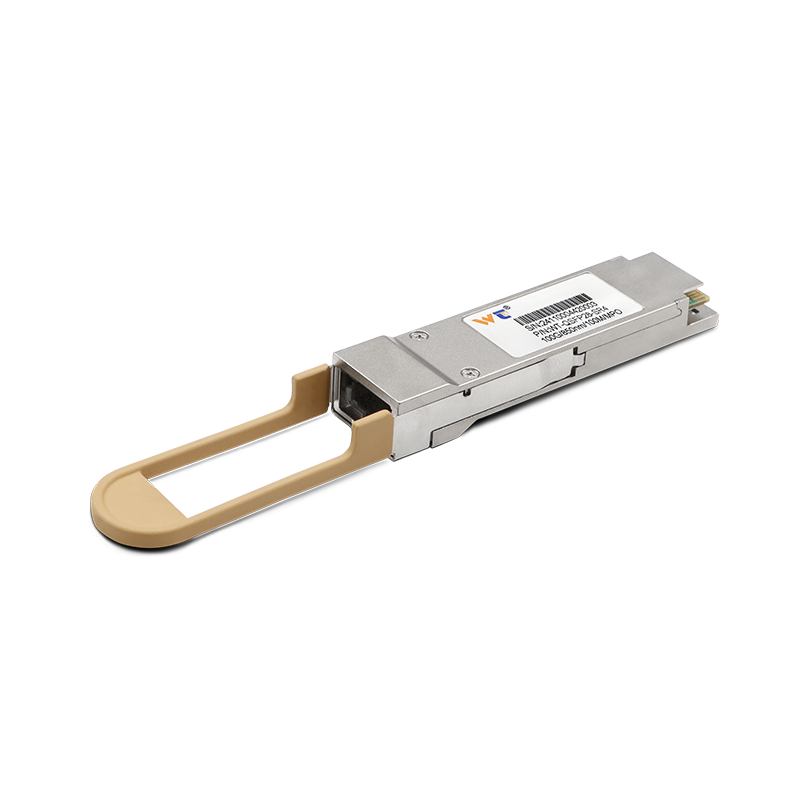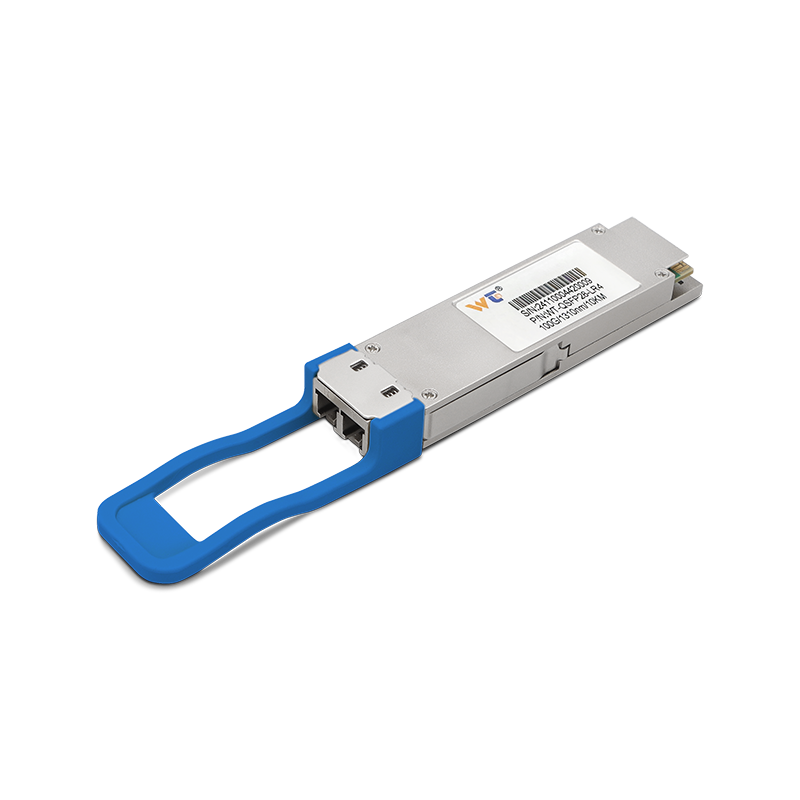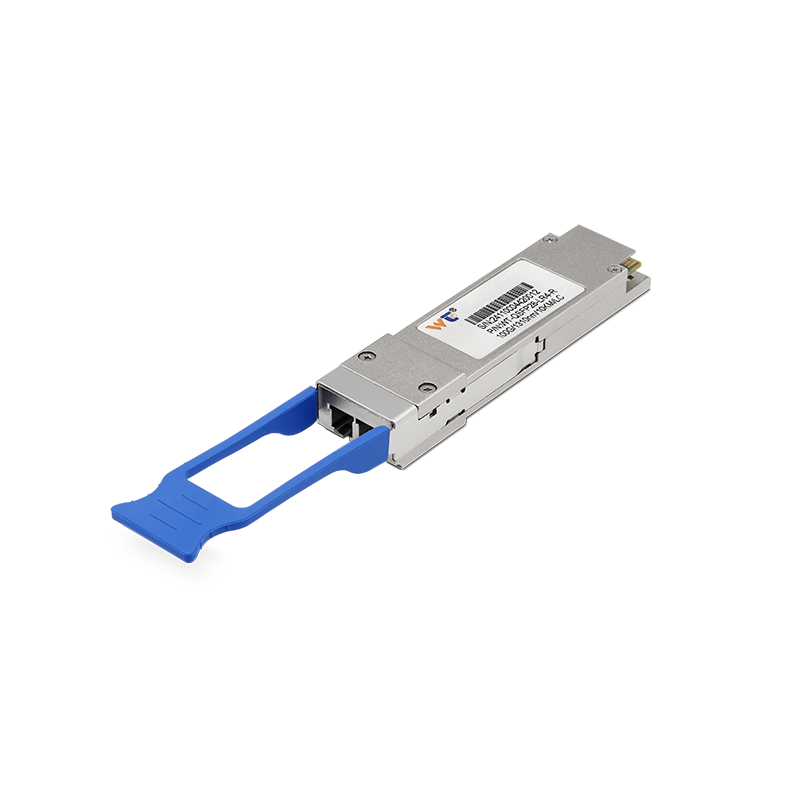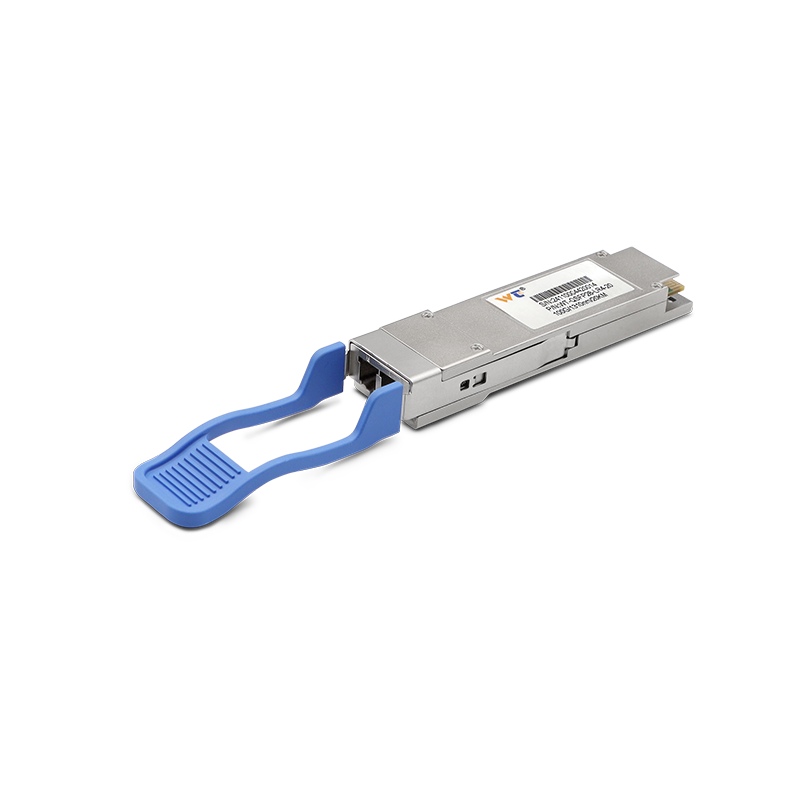The integration of 100G optical modules with smart production scheduling in intelligent manufacturing is a fascinating area poised for significant growth. By 2025, industries will increasingly rely on high-speed data transmission that these optical modules provide, revolutionizing how manufacturing systems operate.
Market Overview: The global optical module market is expected to reach $30 billion by 2025, driven by demand for advanced communication technologies. Specifically, 100G optical modules play a critical role in various applications, from data centers to manufacturing lines. With the need for real-time processing and high-bandwidth availability, industries are transitioning towards smart technologies. As manufacturers aim for enhanced efficiency, the integration of optical modules becomes essential for facilitating seamless communication across production processes. Notably, the intelligent manufacturing sector is witnessing a rise in demand due to automation and smart scheduling solutions that optimize operations based on real-time analytics.
| Optical Module Technology | Function |
|---|---|
| Transceivers | Enable high-speed data transmission |
| AOCs (Active Optical Cables) | Flexible interconnections |
| SFP/SFP+ | Compact modules for versatility |
| CWDM/DWDM | Multiplexing data over wavelengths |
In terms of technology types, 100G optical modules come in various forms designed for specific applications. The use of transceivers allows manufacturers to achieve significant data transfer rates necessary for complex operational tasks. Active Optical Cables (AOCs) provide a lightweight alternative for short-distance connections while maintaining high-speed performance. On the other hand, SFP/SFP+ modules are prevalent in environments where space is at a premium. Additionally, technologies like CWDM (Coarse Wavelength Division Multiplexing) and DWDM (Dense Wavelength Division Multiplexing) enable the transmission of multiple signals over the same optical fiber, maximizing efficiency and reducing costs.
As industries move towards smart manufacturing, case studies showcase how the integration of 100G optical modules enhances networking capabilities. For instance, a major manufacturing company implemented advanced optical networks that supported end-to-end connectivity across its facilities. Resulting improvements included a 30% reduction in operational downtime and a notable increase in production throughput. Additionally, the ability to analyze data in real-time through these modules permits manufacturers to schedule equipment and labor dynamically, aligning production with demand fluctuations.
Our website offers a wide range of optical module products, all rigorously tested to ensure exceptional performance in various applications. Whether you require high-speed data transmission or robust solutions for long-distance communication, our optical modules are designed to meet the evolving needs of modern manufacturing environments. Customers can trust that our products optimize efficiency, ensuring that critical operations run smoothly and effectively.
In conclusion, the synergy of 100G optical modules with smart production scheduling represents a pivotal advancement in intelligent manufacturing. As industries adapt to the demands of the digital age, the integration of these technologies will not only enhance operational efficiency but also lead to transformative changes in how manufacturing processes are designed and executed. Embracing this evolution will be vital for stakeholders aiming to maintain competitiveness in a rapidly advancing technological landscape.






